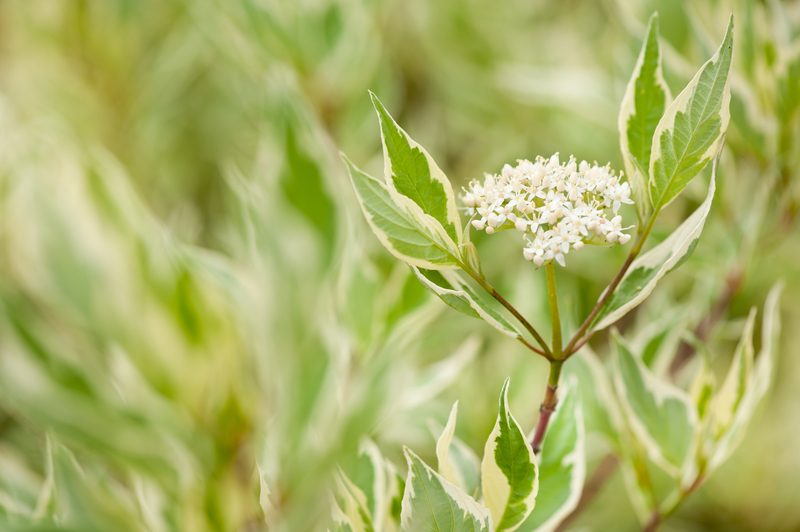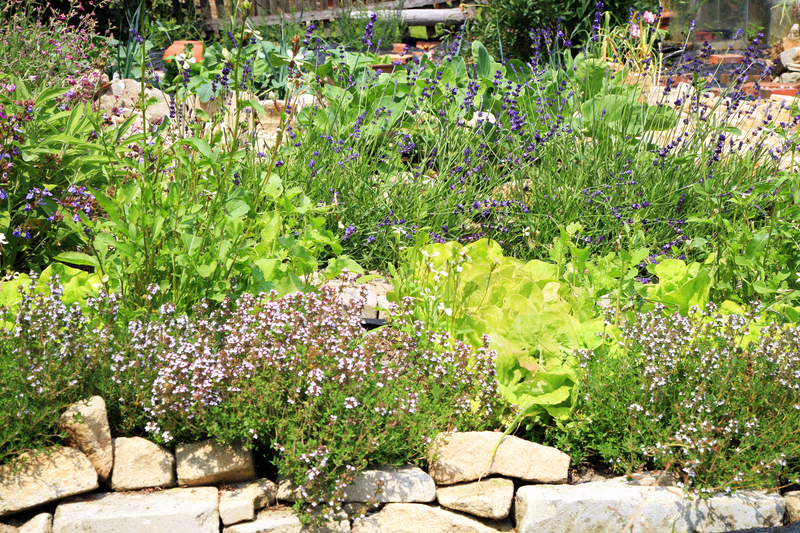Natural Pest Control Solutions for Your Garden
Posted on 12/03/2024
Gardening is a wonderful way to connect with nature and grow your own fresh produce. However, it also comes with its fair share of challenges, one of which is dealing with pests. Whether you're dealing with aphids, slugs, or other pesky creatures, it can be frustrating and discouraging to see your hard work being ruined. But before reaching for harsh chemical pesticides, why not explore some natural pest control solutions for your garden? Not only are they better for the environment, but also safer for you and your family.
Using natural pest control methods not only helps protect the environment but also promotes overall biodiversity in your garden. Rather than completely wiping out pests, these methods work towards achieving a balance between beneficial insects and troublesome ones. So let's take a look at some effective ways to manage pests in your garden without harmful chemicals.
Effective ways to manage pests in your garden without harmful chemicals
1. Companion Planting
One of the most efficient techniques for natural pest control is companion planting. This involves planting specific plants that have a symbiotic relationship with each other. For instance, marigolds planted near tomatoes can help repel nematodes and attract ladybugs, which are known to feed on common tomato pests like aphids and whiteflies.
2. Attract Beneficial Insects
Ladybugs, lacewings, and praying mantis are all examples of beneficial insects that help control the population of harmful pests in your garden. You can attract these insects by including plants in your garden that they feed on or lay eggs on. Some common examples include dill, fennel, yarrow, and cilantro.
3. Create Physical Barriers
Physical barriers such as mesh screens or row covers can effectively prevent pests from accessing your plants. These barriers are particularly useful for preventing flying insects like carrot flies and cabbage moths from laying their eggs on your crops.
4. Use Natural Predators
Introducing natural predators into your garden is another great way to control pests. For example, you can attract birds by providing food and nesting areas, which will help keep the population of snails and slugs in check. You can also purchase beneficial nematodes, a type of microscopic worm that feeds on soil-dwelling pests like grubs and weevils.
5. Homemade Pest Sprays
You don't have to rely on store-bought chemical sprays to get rid of pests in your garden. Instead, you can make your own non-toxic pest spray using ingredients like garlic, chili peppers, and dish soap. When sprayed on plants, these natural ingredients repel insects without harming them.

Pros:
- Environmentally friendly
- Safer for humans and animals
- Promotes biodiversity in the garden
- Cost-effective alternative to chemical pesticides
Cons:
- May require more effort and time compared to chemical pesticides
- Results may not be as immediate or drastic as chemicals
- Some natural methods may only work on specific types of pests
Tips:
- Research the specific pests affecting your garden before choosing a natural pest control method.
- Always test the solution on a small area of your plant before applying it widely.
- Regularly monitor your garden for any signs of pest infestation.

Takeaways:
Natural pest control methods can effectively manage pests while preserving the health of your garden and promoting overall biodiversity. They are a sustainable and eco-friendly option that is safer for you and your family.
Conclusion:
By implementing these natural pest control solutions in your garden, you can protect your plants from harmful pests without resorting to harsh chemicals. Not only will this create a healthier and more sustainable environment for your plants, but it will also benefit the ecosystem as a whole. So next time you encounter unwanted pests in your garden, try out one of these natural solutions instead!
Latest Posts
Inspiring Ways to Refresh Your Garden This Autumn Season
A Step by Step Guide to Keeping Artificial Grass Fresh and Spotless
Creative Planting Ideas to Design a Serene Zen Oasis







